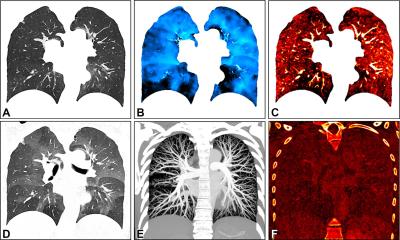
News • Smoking study
Years of life could be saved if smokers switched to e-cigarettes
Up to 6.6 million premature deaths could be prevented in the US if smokers switched to e-cigarettes over a ten year period, suggests a study published in Tobacco Control, and those smokers who switched to vaping would live for a collective total of up to 86.7 additional million years.
A research team, led by Dr David Levy at Georgetown University Medical Center in Washington DC, modelled the impact for public health if large numbers of cigarette smokers switched to e-cigarettes (vaping) under two scenarios – an Optimistic Scenario where smoking prevalence falls to 5% over a ten year period and a Pessimistic Scenario where it falls to 10%. For the Optimistic Scenario, the researchers presumed similar patterns of e-cigarette use to now and used published evaluations of likely harm reductions. In this scenario, they calculate, replacement of cigarettes by e-cigarettes over a 10-year period would lead to 6.6 million fewer premature deaths with 86.7 million fewer years of life lost. As a result the average 15 year old switching to e-cigarettes would increase their life expectancy by 0.5 years.
The researchers then repeated the exercise under the Pessimistic ("worst case") Scenario, in which more young people are assumed to initiate e-cigarette and tobacco use, cessation from tobacco use is reduced, and the risks of e-cigarette use are at the high end of suggested estimates. A ‘worst case’ prediction of harms from e-cigarettes (ie. where e-cigarettes turn out to be more harmful than the current science suggests) is also used, and greater uptake of vaping among non-smokers is presumed. Even in this scenario, the researchers predict, 1.6 million premature deaths would be averted with 20.8 million fewer life years lost. The estimates do not include any health benefits from reduced disability and exposure to secondhand smoke. The researchers say that their results “can help the [US] Surgeon General and the public health community develop a strategy to reach the ‘endgame’ for cigarette smoking.”
In an accompanying commentary, Dr Marita Hefler from the Menzies School of Health Research in Australia, asks whether it is time to outlaw sales of combustible tobacco products. She calls the ongoing availability of combustible tobacco products “a historical anomaly.” Any other consumer product that kills up to two-thirds of its long-term users remaining legal is unimaginable, she says. Even if the political will had existed for a sales ban, until recently no products could match the nicotine delivery efficiency of combustible tobacco with substantially less harm, rendering a sales ban a non-viable option, she explains. “The new continuum of nicotine products presents an opportunity to end the exceptionalism of combustible tobacco, and allow the most dangerous end of the nicotine product continuum to be rapidly, and completely, phased out,” she concludes.
Source: The BMJ
04.10.2017





